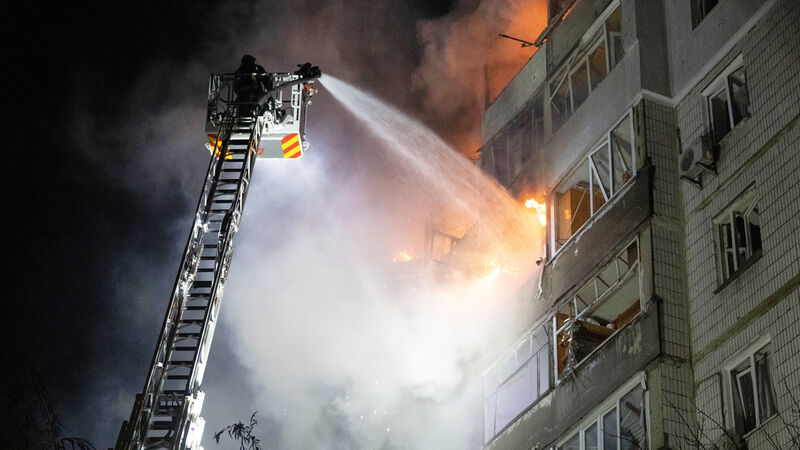Russia sends 170,000 troops for push in Ukraine’s Donetsk region, Zelensky says

Russia has deployed around 170,000 troops in Ukraine’s eastern Donetsk region, where they are trying to capture the stronghold of Pokrovsk in a major push for a battlefield victory, Ukrainian President Volodymyr Zelensky has said.
“The situation in Pokrovsk is difficult,” Mr Zelensky said, while also rejecting recent Russian claims that the devastated city is surrounded after more than a year of fighting.











